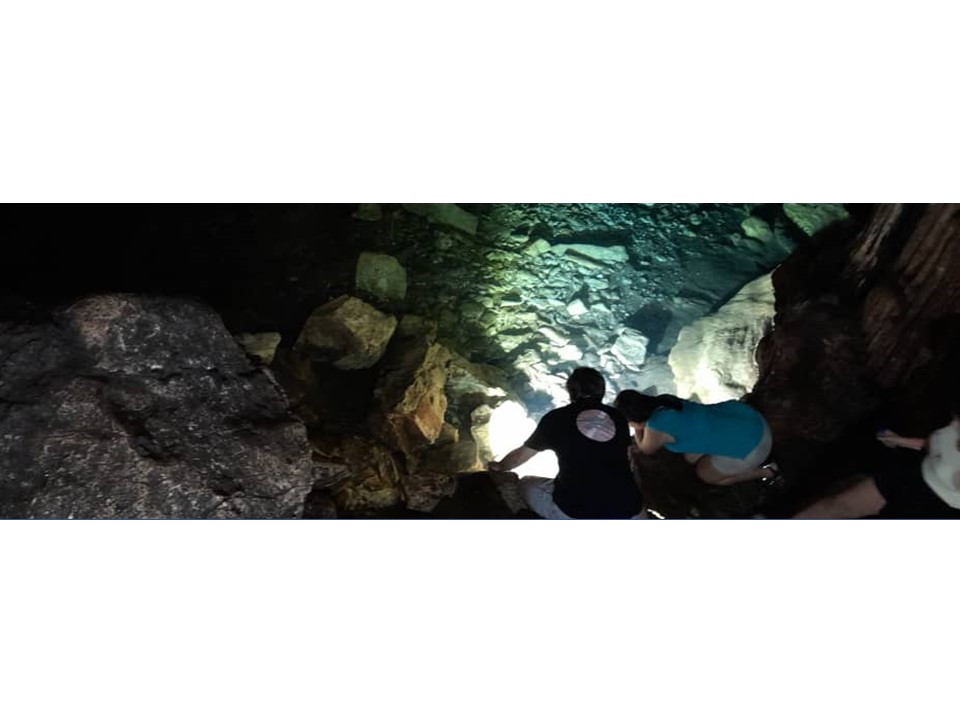Groundwater

Groundwater – ubiquitous and full of biodiversity
its inhabitants are highly specialised
Groundwater is water that exists underground in saturated zones beneath the land surface, representing the most extensive unfrozen continental reserve of freshwater on Earth. From deep karstic aquifers to shallow alluvial sediments, groundwater is globally ubiquitous and functionally connected to superficial aquatic and terrestrial groundwater-dependent ecosystems. Groundwater ecosystems are inhabited by unique assemblages of animals, often with restricted distributions and highly specialized traits. Those assemblages sustain ecosystem functioning and contribute important ecosystem services to humans. Knowledge of the species occurring in those habitats and the main ecological and historical drivers for their distribution is important to ensure their optimal conservation and groundwater resources management in the perspective of global change. These ecosystems are facing rising anthropogenic pressure; for instance, depletion by extraction and pollution among many others. Given ecosystems above and below the ground intersect at many levels, considering groundwater and its biodiversity as an essential component of planetary health it is pivotal to the reduction of biodiversity loss and buffering against climate change.








